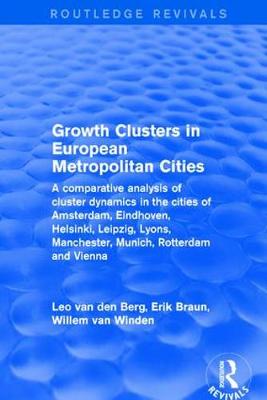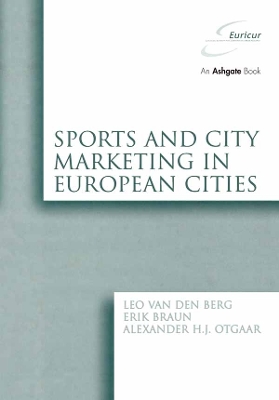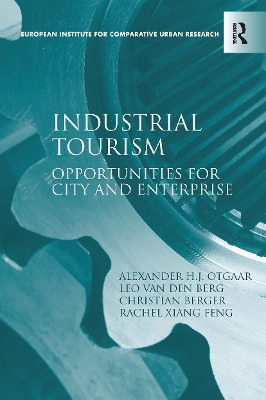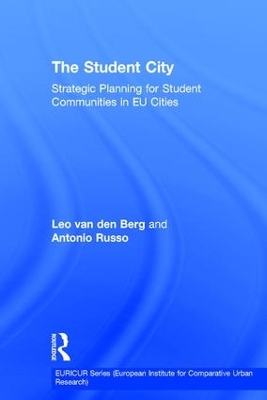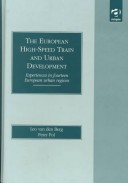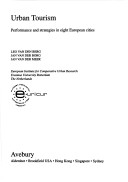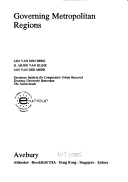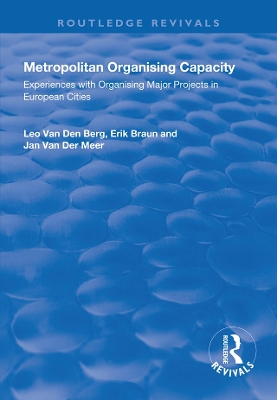EURICUR Series European Institute for Comparative Urban Research
9 total works
Growth Clusters in European Metropolitan Cities
by Leo van den Berg and Erik Braun
Sports and City Marketing in European Cities
by Leo van den Berg and Erik Braun
Industrial Tourism
by Alexander H.J. Otgaar, Leo van den Berg, and Rachel Xiang Feng
The European High-speed Train-network and Urban Development
by Leo van den Berg and Peter Pol
Metropolitan Organising Capacity
by Leo van den Berg, Erik Braun, and Jan van der Meer
Published in 1997. The environment of cities has become increasingly competitive. Tradition location factors, that once tied economic activities firmly to particular areas have become less important. Increasingly the ability of a city to anticipate, respond to and cope with internal and external changes is getting attention. Organizing capacity of cities, or of metropolitan regions is becoming indispensible for sustainable economic and social development. The authors have carried out investigations into eight European cities to increase the insight into the practice of organizing capacity. The analysis of the development and implementation of 15 revitalization projects in these cities shows that organizing capacity calls for a new style of entrepreneurial urban management with public and private networking, leadership, long term strategies and organizing political and public support as key concepts.
